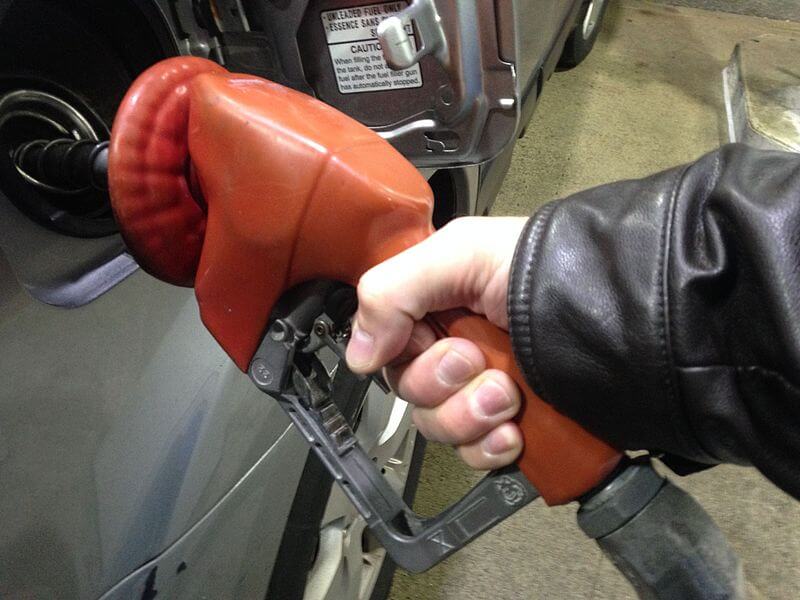Gov. Chris Christie announced a deal on Friday to increase New Jersey’s gas tax by 23 cents.
The Republican governor and Democratic leaders of the state legislature reached an agreement that satisfied Christie’s wishes to include a cut in sales tax with the eight-year-deal. In January 2017, sales tax will be cut from 7 percent to 6.875 percent. A year later, sales tax would be further reduced to 6.625 percent, NBC4 reported. Estate tax would be phased out over the next 18 months and tax credits for veterans and the working poor would be introduced.
The deal will raise $2 billion annually for the state — $16 billion over the eight years—to pay for road work, but still needs approval in both houses, 6ABC reported. The federal government will match the $16 billion, NBC4 reported, creating $32 billion to fund road work in New Jersey. Christie had previously called for a shutdown of transit projects due to lack of funding.
This would be the first gas tax increase in the state since 1988, PIX11 reported. The federal excise tax on gasoline is18.4 cents per gallon and 24.4 cents per gallon for diesel fuel, but states have the right to add tothe federal tax as needed. For those who cross state lines to take advantage of the cheaper gas, the Garden State will still be cheaper than New York. Excluding the federal gas tax, New Jersey’s gas tax is currently 14.5 cents, which would be increased to 37.5 cents if the legislation passes. New York State’s gas tax is 43.4 cents, while Pennsylvania taxes 51.4 cents. To get your gas cheaper than you could in New Jersey by paying the least amount of gas tax, you’d have to drive to Alaska.
According to NBC4, if the average driver travels 12,000 miles per year, the gas tax increase will cost an additional $2.50 every week.
Over the summer, the legislature would agree to the gas tax hike, but not the sales tax reduction.
“I think that 23 cents is too much for the working households to absorb at one time,” Democratic Sen. Shirley Turner said in August, NJ.com reported. “I’m also concerned about the $900 million that we will be losing in revenue [in tax cuts]. I don’t know how we’re going to make that up. It does not sound responsible if we can’t pay our bills now.”
NJ gas tax hike announced alongside a sales tax decrease

Google Commons




























